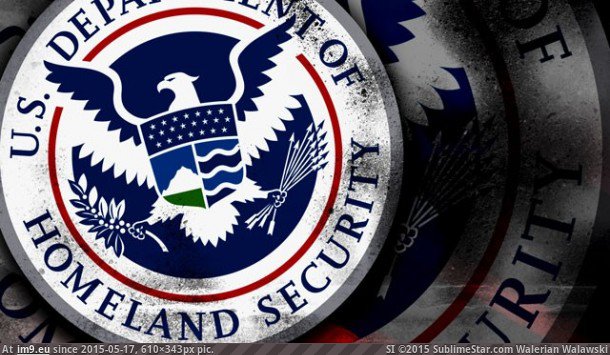
It only took one sentence for the United States Court of Appeals to keep the federal government’s emergency plan to disable cellular service a secret. It was a very long sentence, but it got the job done.
This ruling reinforces the Department of Homeland Security’s attempts to block Freedom of Information Act requests that it feels will endanger public safety.
“Upon consideration of appellee’s petition for rehearing en banc, the response thereto, and the absence of a request by any member of the court for a vote, it is ordered that the petition be denied,” the appeals court said, upholding its earlier decision in February.
 The fuss revolves around a policy called Standard Operating Procedure 303, which is “a shutdown and restoration process for use by commercial and private wireless networks in the event of a national crisis,” according to the IT Law Wiki. The Electronic Privacy Information Center (EPIC) brought the suit after San Francisco officials blocked cellphone service to prevent a protest in 2011.
The fuss revolves around a policy called Standard Operating Procedure 303, which is “a shutdown and restoration process for use by commercial and private wireless networks in the event of a national crisis,” according to the IT Law Wiki. The Electronic Privacy Information Center (EPIC) brought the suit after San Francisco officials blocked cellphone service to prevent a protest in 2011.
An earlier court found in favor of EPIC, and then the Department of Homeland Security appealed and won, so EPIC has been appealing that appeal, which brings us up to today’s ruling.
This ruling does not just apply to SOP 303, but to all Freedom of Information Act requests, which EPIC fears will “allow federal agencies to routinely withhold records subject to disclosure where the agency merely asserts a speculative security risk.”


